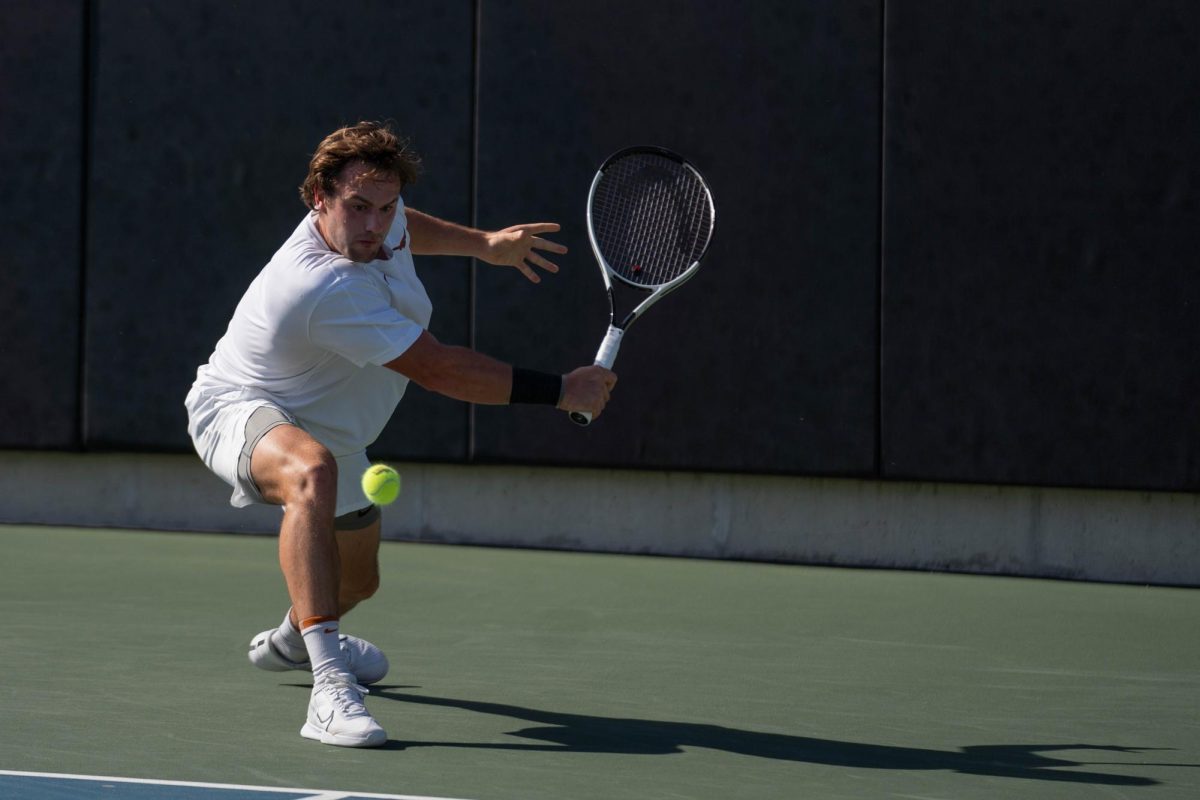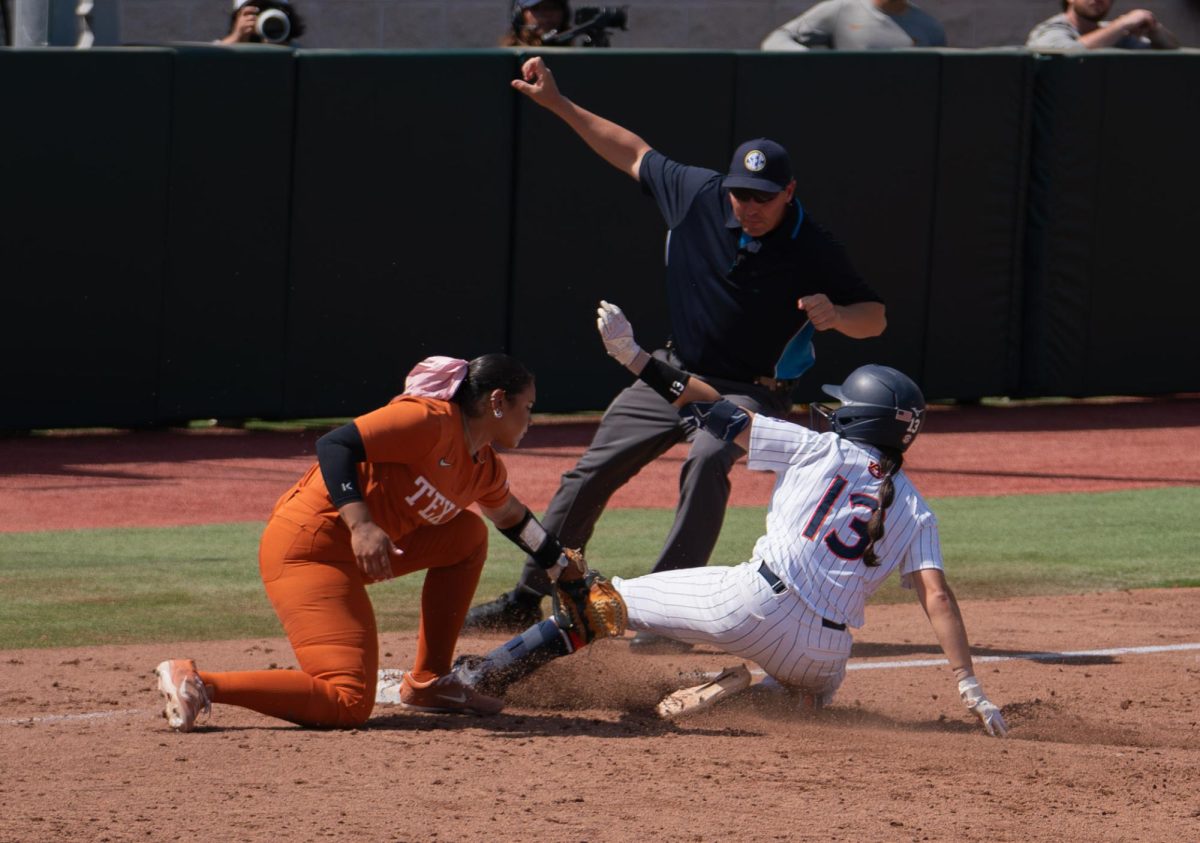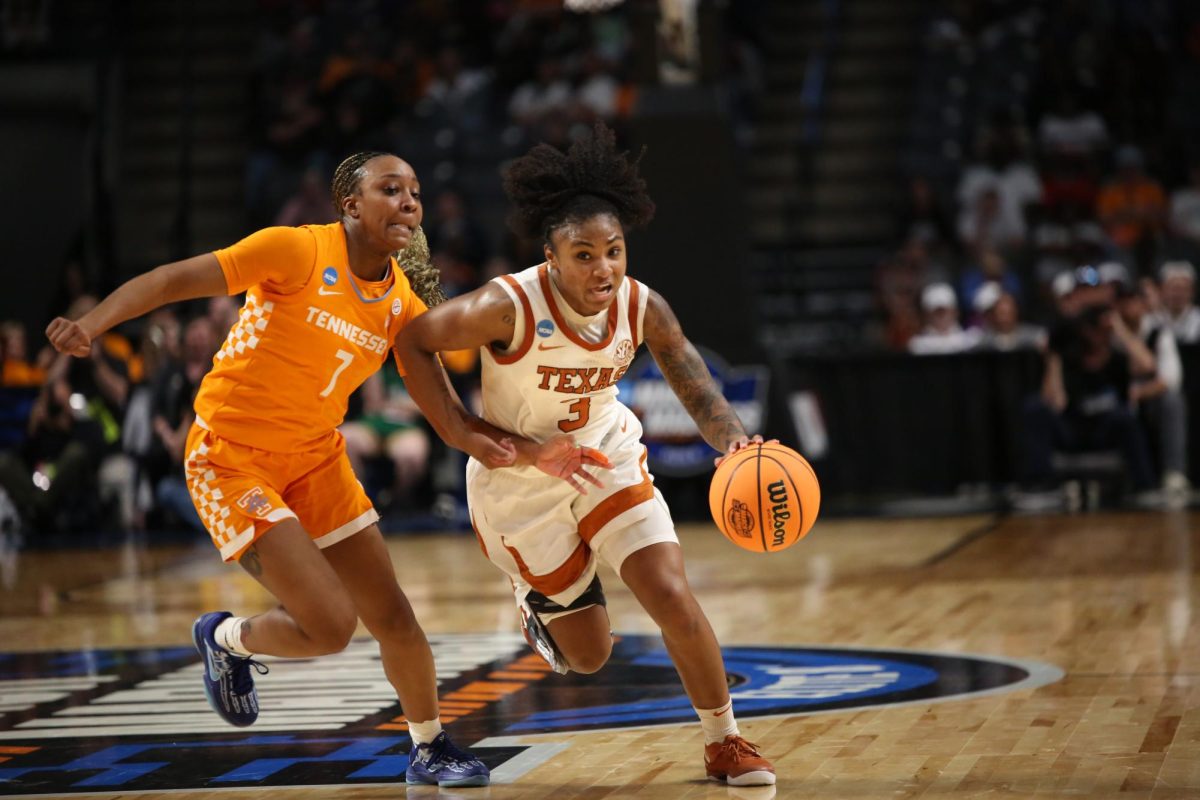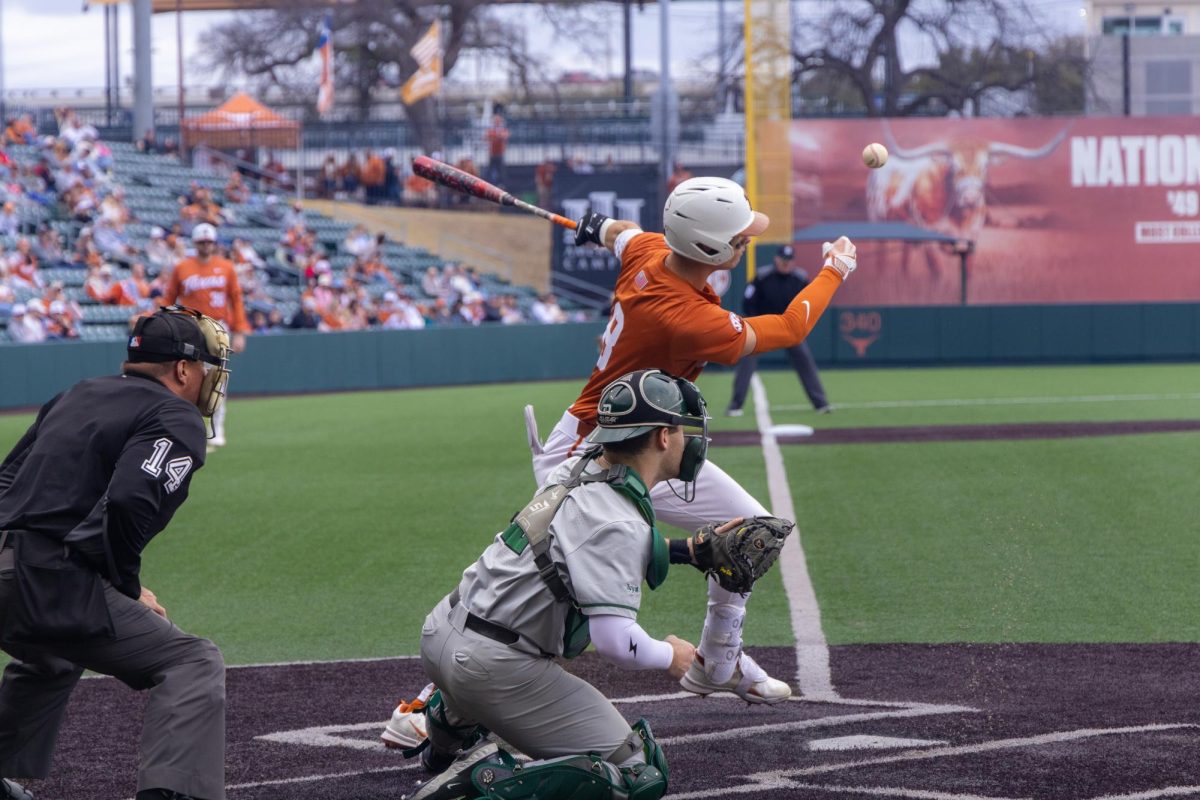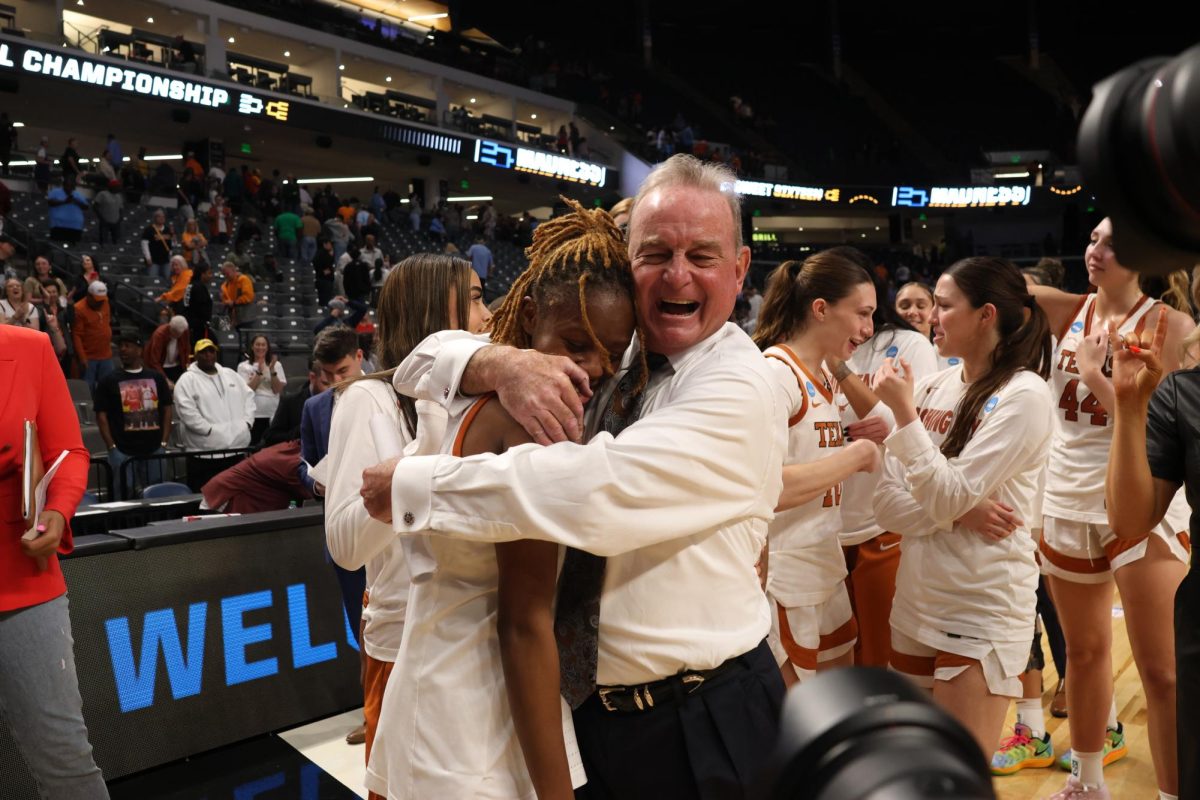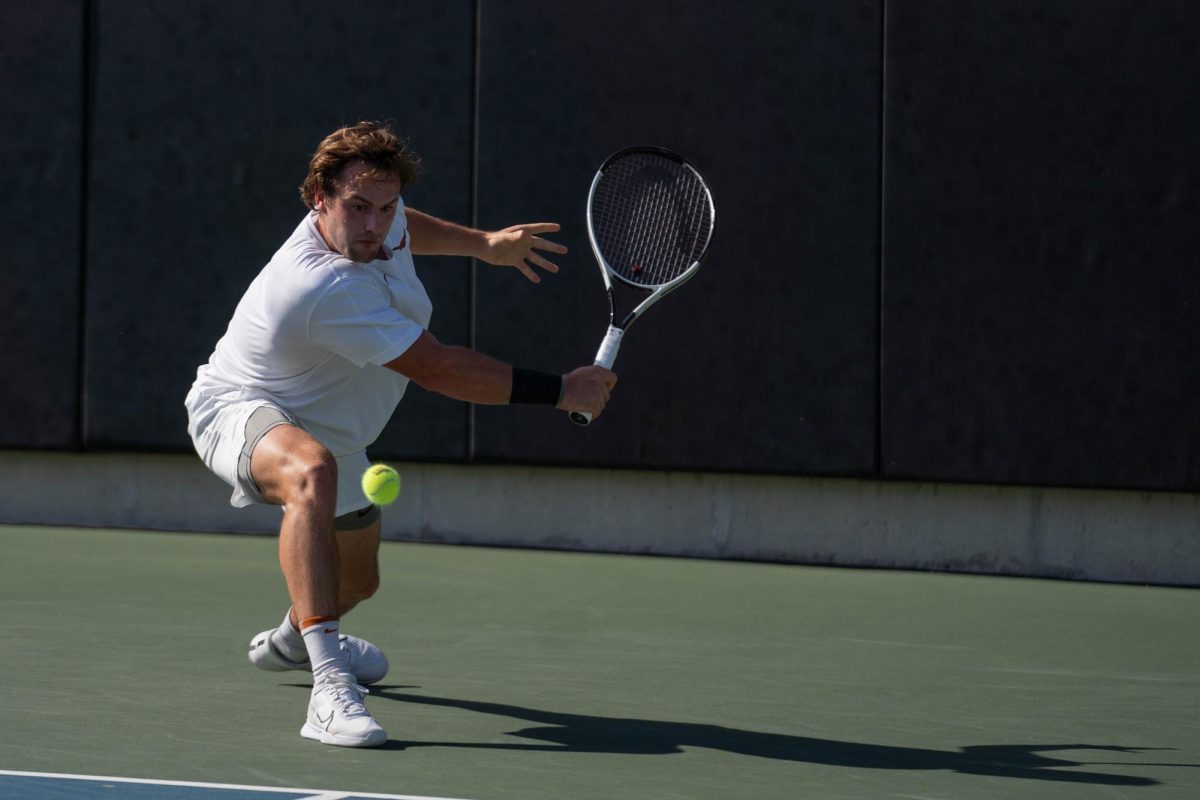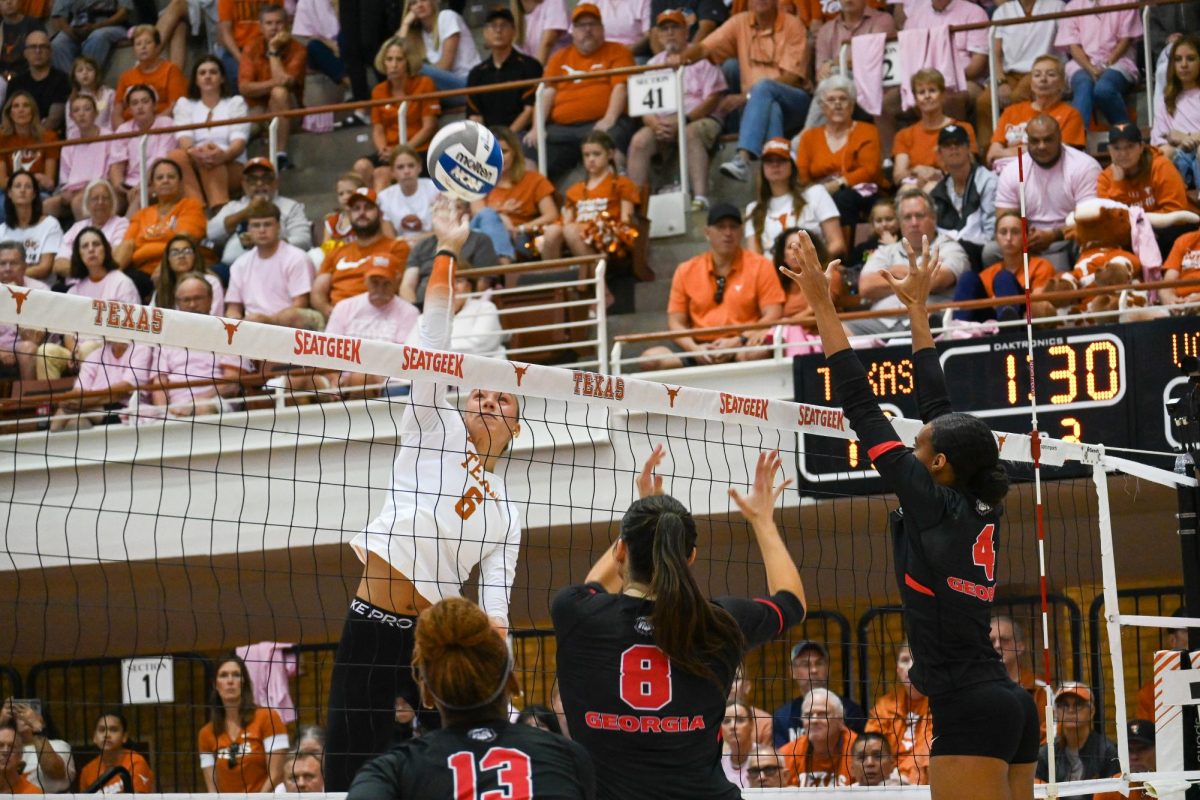Editor’s note: This story discusses suicidal thoughts, depression and anxiety. If you or someone you know is experiencing a crisis, the National Suicide Prevention Lifeline provides 24-hour support at 1-800-273-8255.
Blair Westerlund’s life may look perfect from a distance, but most people don’t consider the toll losing the sport she loved took on her mental health.
The former Texas volleyball player announced her medical retirement from the sport in May 2019 due to complications from an ACL tear she suffered as a freshman in 2016. A month later, she decided to speak out about the damage complications from her injury had caused to her mental health in a series of blog posts.
“(After I tore my ACL in 2016) I was like, ‘What do I do? What am I good at? Where do I go from here?’” Westerlund said. “I had lost the one thing I had always prided myself on and the thing that always brought me confidence and got me through the day. And so when I hit that dark tunnel it was like, ‘What do I even look forward to at this point? I might never play volleyball again, so where's the light at the end of the tunnel?’”
Westerlund said she was not used to not being the best athlete on the court when she first came to UT, much less only appearing in three games in her first season. She said she experienced a loss of identity after she tore her ACL and meniscus before Texas’ 2016 Elite Eight game, and she began having suicidal thoughts.
“You look in the mirror, and you don’t recognize yourself anymore, and you don’t really know the purpose that you’re living for,” Westerlund said. “I had all these expectations, and then it all just came crashing down, and I did not have a purpose anymore, in my mind. That was probably the lowest it ever got, when I could look in the mirror and say ‘You mean nothing right now.’”
Although Westerlund was able to move forward by working on herself mentally, she fell into another depression after her second knee surgery in November 2018. She said she was not suicidal, but she dealt with more anxiety attacks and a further loss of identity as she realized her volleyball career may be over.
Texas offensive lineman Sam Cosmi, who Westerlund had only been dating for a few months at that point, didn’t know how to respond to her struggles. Cosmi said he often became frustrated that he couldn’t help her, and he didn’t understand why she couldn’t stop having anxiety attacks. It took months for Cosmi to understand how to help.
“She told me to just tell her it's going to be OK,” Cosmi said. “‘Whatever you’re going through, it's going to be OK. Don't try to solve the problem.’ I figured out that's the best thing, because what they're going through, it's already in their head and I can't tell her to stop thinking about it.”
Westerlund still has anxiety attacks, but said she feels OK because her loved ones see that she struggles and still accept her. She said she thinks people look at her as strong, rather than weak, because she takes medication, gets help and wants to continue advocating for mental health.
“We just want to be accepted and seen and not looked at as less because we need extra help,” Westerlund said. “I think asking for help and telling your story makes you stronger than almost anybody, no matter what. I would say that’s how I’m OK now.”


